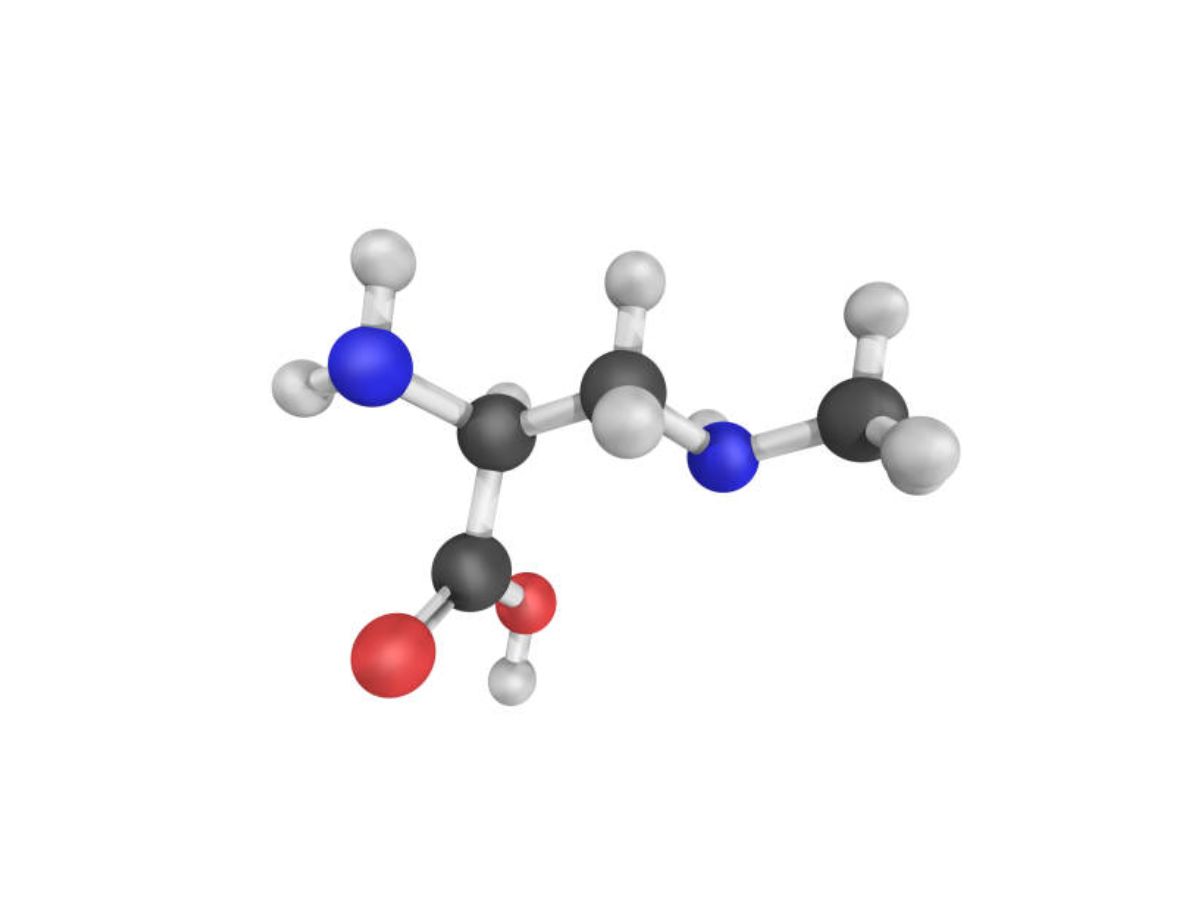
Alanine is a fascinating amino acid that plays a crucial role in our bodies. Found in proteins, it helps build muscle and supports the immune system. But what makes alanine so special? Alanine is one of the 20 amino acids used by cells to synthesize proteins. It's non-essential, meaning our bodies can produce it even if we don't get it from food. This amino acid is involved in the glucose-alanine cycle, which helps regulate blood sugar levels. Athletes often appreciate alanine for its ability to reduce muscle fatigue. Want to know more? Here are 40 intriguing facts about alanine that will surprise you!
Alanine: An Essential Amino Acid
Alanine is one of the 20 amino acids used by the body to build proteins. It plays a crucial role in various metabolic processes. Here are some fascinating facts about this essential amino acid.
-
Alanine is a non-essential amino acid, meaning the body can produce it on its own, so it doesn't need to be obtained through diet.
-
It was first isolated in 1879 by the German chemist Adolph Strecker.
-
Alanine is found in high concentrations in the bloodstream, making up about 30% of the amino acids in blood plasma.
-
It plays a key role in glucose metabolism by converting into pyruvate, which can then be used to produce glucose.
-
Alanine is important for muscle tissue as it helps in the synthesis of proteins and the repair of muscle fibers.
-
It is involved in the alanine cycle, which helps in the transfer of nitrogen from muscle tissues to the liver.
-
Alanine is also found in foods like meat, fish, eggs, and dairy products.
-
It is used as a flavor enhancer in the food industry due to its slightly sweet taste.
Health Benefits of Alanine
Alanine is not just a building block for proteins; it also offers several health benefits. Let's explore some of these advantages.
-
Alanine helps in maintaining blood sugar levels by participating in the glucose-alanine cycle.
-
It supports immune function by aiding in the production of antibodies.
-
Alanine can improve athletic performance by reducing muscle fatigue and enhancing endurance.
-
It is beneficial for liver health, as it helps in detoxifying the liver by removing excess nitrogen.
-
Alanine may help in managing diabetes by regulating blood sugar levels.
-
It supports the central nervous system by acting as a neurotransmitter.
-
Alanine can aid in weight loss by boosting metabolism and reducing fat storage.
Alanine in Scientific Research
Alanine has been the subject of numerous scientific studies. Researchers are continually uncovering new information about this versatile amino acid.
-
Studies show that alanine supplementation can improve exercise performance and recovery.
-
Research indicates that alanine may help in treating metabolic disorders like diabetes and obesity.
-
Alanine is being studied for its potential role in cancer treatment, as it may inhibit tumor growth.
-
It is also being researched for its effects on aging, particularly in maintaining muscle mass and function in older adults.
-
Alanine is used in clinical trials to study its impact on various health conditions, including liver disease and neurological disorders.
Alanine in Everyday Life
Alanine is more common in our daily lives than we might think. Here are some interesting ways it shows up.
-
Alanine is a common ingredient in sports supplements, often included in protein powders and energy drinks.
-
It is used in the production of biodegradable plastics, offering an eco-friendly alternative to traditional plastics.
-
Alanine is found in many skincare products, as it helps in maintaining skin hydration and elasticity.
-
It is used in the pharmaceutical industry to create medications that treat various health conditions.
-
Alanine is also present in some pet foods, providing essential nutrients for animal health.
Fun Facts About Alanine
Let's dive into some fun and quirky facts about alanine that you might not know.
-
Alanine has a sweet taste, which is why it's sometimes used as a sugar substitute in low-calorie foods.
-
It is one of the simplest amino acids, with a straightforward chemical structure.
-
Alanine can be synthesized in the lab using simple chemical reactions, making it easy to study.
-
It is often used in genetic research to study protein structure and function.
-
Alanine is a key component of silk, contributing to the strength and flexibility of spider webs and silkworm cocoons.
Alanine in Evolution
Alanine has played a significant role in the evolution of life on Earth. Here are some evolutionary facts about this amino acid.
-
Alanine is thought to be one of the earliest amino acids to appear on Earth, playing a role in the origin of life.
-
It is highly conserved across different species, indicating its importance in biological processes.
-
Alanine is found in all living organisms, from simple bacteria to complex mammals.
-
It is involved in the synthesis of other amino acids, highlighting its versatility in metabolic pathways.
-
Alanine's simple structure makes it a building block for more complex molecules essential for life.
Alanine in Popular Culture
Alanine might not be a household name, but it has made its way into popular culture in some interesting ways.
-
Alanine is often mentioned in science fiction, particularly in stories involving genetic engineering and biotechnology.
-
It has been featured in educational programs and documentaries about biochemistry and nutrition.
-
Alanine is sometimes used in puzzles and games that involve chemistry and biology themes.
-
It has inspired artists and designers, who use its molecular structure in jewelry and artwork.
-
Alanine is a topic of interest in health and fitness blogs, where its benefits for muscle building and metabolism are frequently discussed.
Alanine: A Tiny Molecule with Big Impact
Alanine, a small but mighty amino acid, plays a crucial role in our bodies. It helps with protein synthesis, supports the immune system, and even aids in energy production. This little molecule is found in many foods like meat, fish, and dairy, making it easy to include in your diet.
Understanding alanine's functions can help you appreciate its importance. Whether you're an athlete looking to boost performance or just someone interested in nutrition, knowing about alanine can be beneficial. It's fascinating how such a tiny molecule can have such a big impact on our health.
So next time you enjoy a protein-rich meal, remember the role alanine plays in keeping you healthy and energized. This amino acid might be small, but its contributions to our well-being are significant. Keep learning and stay curious about the wonders of the human body!
Was this page helpful?
Our commitment to delivering trustworthy and engaging content is at the heart of what we do. Each fact on our site is contributed by real users like you, bringing a wealth of diverse insights and information. To ensure the highest standards of accuracy and reliability, our dedicated editors meticulously review each submission. This process guarantees that the facts we share are not only fascinating but also credible. Trust in our commitment to quality and authenticity as you explore and learn with us.


